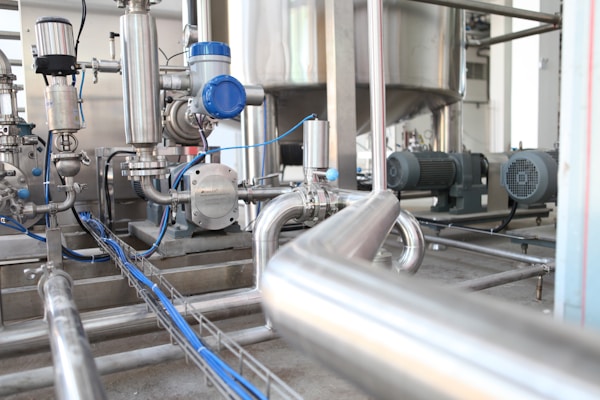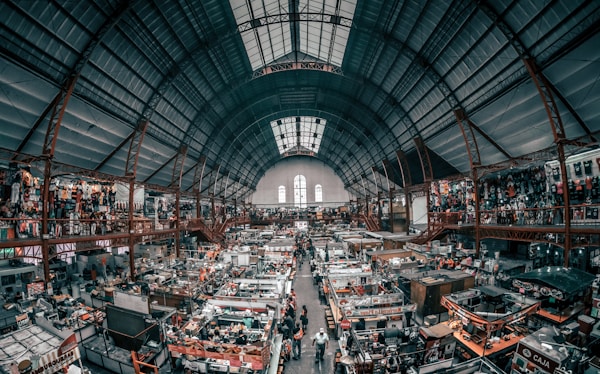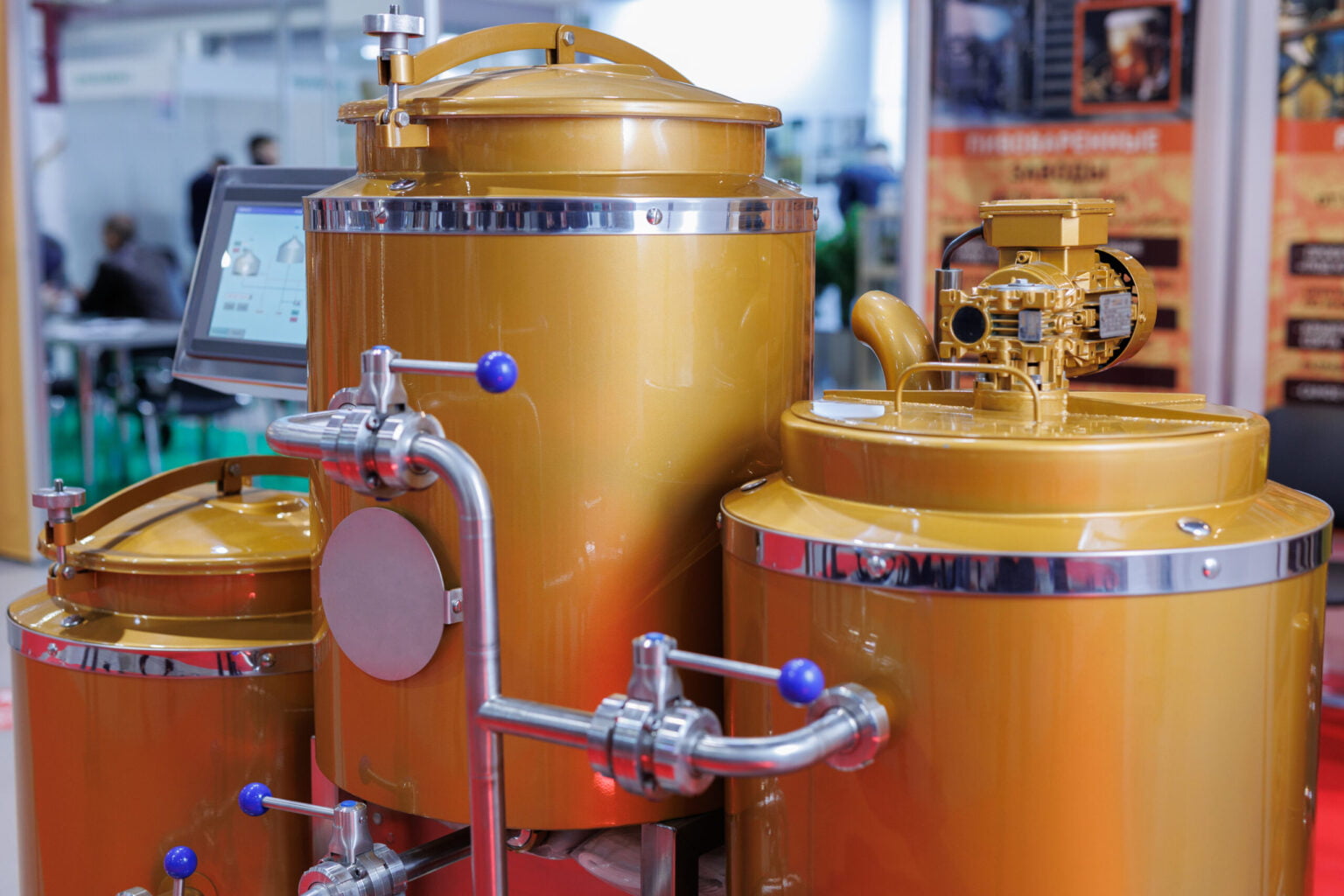As an industrial facility owner, you know that your operational needs require technology that can withstand harsh environments and heavy use. This is where rugged mini PCs come in. These compact devices are designed to provide maximum reliability, durability, and power in industrial settings. In this blog post, we’ll explore the benefits of using rugged mini PCs in your facility and why they may be the perfect solution for your unique requirements. So if you’re looking for a way to increase productivity, reduce downtime, and improve your bottom line. Keep reading to learn more.
What is the rugged mini PC?

A rugged mini PC is a small and powerful computer designed to withstand harsh environments and operate efficiently in demanding conditions. These types of computers are commonly used in industries such as manufacturing, military, transportation, agriculture, and healthcare, where traditional computers cannot hold up to rugged conditions.
Rugged mini PCs are built with industrial-grade components that are shock, vibration, temperature, and dust resistant. These machines are often fanless, so unlike traditional computers, they do not have moving parts that can easily get damaged or malfunction in extreme conditions. Their small form factor makes them easy to deploy in tight spaces, machinery, or vehicles, allowing users access to mission-critical data anywhere and anytime.
Rugged mini PCs come in a variety of configurations, and they can be customized to meet the specific needs of diverse industries. The hardware of these machines is also designed to consume less power, making them more energy efficient than traditional computers. A rugged mini PC is ideal for anyone needing a reliable and powerful computer that can handle extreme conditions without downtime.
What does the rugged mini PC do differently?
One of the key features that set rugged mini PCs apart from standard desktop computers is their durability. They are designed to withstand various physical hazards, including impacts, falls, and vibrations. This makes them highly effective in environments where standard desktop computers would not survive. In addition, rugged mini PCs are equipped with specialized cooling systems that enable them to operate even in high-temperature environments.
Another feature that makes rugged mini PCs unique is their size. These compact and lightweight mini PCs can be easily transported and installed in tight spaces. They consume less energy than standard desktop computers, making them ideal for use in remote locations with limited electricity supply.
What are the benefits of using a rugged mini PC in your industrial facility?

In industrial facilities, computers and other electronic devices are often exposed to harsh environmental conditions such as extreme temperatures, humidity, and dust.
Rugged mini PCs are known for their durability.
The device is made to withstand the harshest conditions, making it ideal for use in the manufacturing, construction, and mining industries. The sturdy design ensures that the device can operate where regular computers may fail due to exposure to dust, moisture, or extreme temperatures. Rugged mini PCs are also built with shock-absorbing materials in case an impact occurs, making it possible for the device to survive drops or vibrations without affecting its functionality.
Rugged mini PCs can work in various applications flawlessly.
With their compact size, they can be easily incorporated into various machines or equipment. Also, they come with features such as advanced data processing capabilities, multiple connectivity options, and expandable storage. This makes the rugged mini PC an ideal solution to meet the requirement of an industrial facility, both in terms of performance and mobility.
Rugged mini PCs are a reliable solution for industrial facilities that require computing power capable of operating in tough environmental conditions. They are built to last and provide a high level of flexibility that adapts to the needs of various applications. With their durability and flexibility, industries can increase their productivity, reduce downtime, and save on expensive repairs and replacements.




